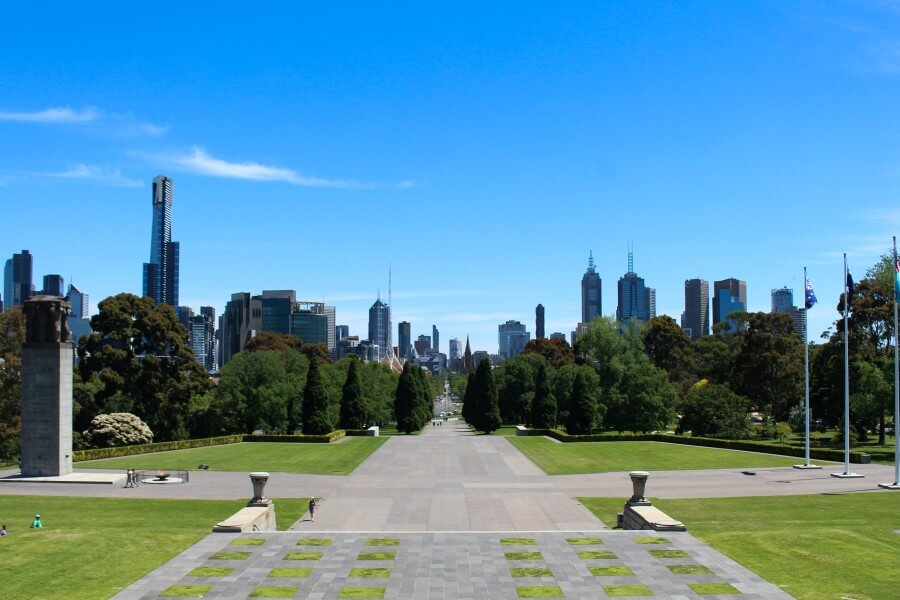Anna Humphreys and Adam Hawksbee from the West Midlands Combined Authority explain why the West Midlands Recovery Coordination Group set up a panel of citizens to help with the recovery in the region, as well as the findings from the group, and what they prioritised.
Over the past few months, the UK Government has asked an enormous amount of its citizens – locking down our lives, closing up shops, and issuing complex and changeable guidance on public safety. All of this has been a strain on the legitimacy of Government, and the cracks in public confidence are beginning to show as local lockdowns emerge across the country.
Response to the virus required quick and decisive action, but recovery must be done differently. If recovery is done ‘to’ citizens, as opposed to ‘with’ them, it will fail to heal communities and rebuild city regions. It is in this context that the West Midlands Recovery Coordination Group decided to put citizens at the heart of plans for community recovery, through the establishment of an innovative Citizens’ Panel.
What is a Citizens’ Panel?
A Citizens’ Panel is a group of people who are brought together to discuss an issue or issues and reach a conclusion about what they think should happen. The people who take part are chosen so they reflect the wider population –in terms of demographics (e.g. age, gender, ethnicity, social class), relevant attitudes (e.g. political party) and in this instance their experience of COVID-19 (e.g. shielding, furloughing).
Citizens’ Panels give members of the public the time and opportunity to learn about and discuss a topic, before reaching conclusions. The deliberations held by the group are a learning process, where Panelists opinions flow freely in conversation to develop an understanding of topics, though expert voices may be consulted to provide clarification along the way. Those involved go on a deliberative journey, from spontaneous views to a ‘citizens mindset’ in which they take into account the evidence and the views of others.
The West Midlands Panel was formed of 36 citizens who were given access to data briefings and a library of 25 ‘vox pop’ videos recorded by regional and national experts. At the end of deliberations, they provided a shortlist of priorities and principles to inform regional recovery.
Even in ‘recovery’, living with coronavirus is at the front of people’s minds
When the panel was convened, participants remained in lockdown due to the pandemic. As such, early discussions were dominated by experiences of the virus and fears of the spread. Although they were asked to consider recovery priorities, it was clear that some participants still felt the region was in ‘crisis’ mode. For panellists, any return to a ‘new normal’ would be dependent on people following government guidelines and recognising that the threat of the virus was still severe.
Health and Jobs as the ‘big two’
Panellists spoke about the link between health and employment, discussing the tensions between containing the virus and returning to employment. They recognised that unless people could return to work, there would not be the funding to improve health provisions. There were concerns about the link between mental well-being, financial concerns and stable employment –with many panellists recognising that financial concerns during this pandemic were contributing to poorer mental health for many. Ensuring that work environments were safe and improving access to mental health support were key. When it came to physical health, restoring confidence in health services so that non-COVID related illnesses were treated was also a core priority.
Nuances around the ‘green recovery’ narrative

Citizens were not initially enthusiastic about prioritising the environment during recovery, with very few raising this as a specific area of concern. Yet through deliberation, it became clear that a ‘green recovery’ was important as a means to an end –mental health could be improved through access to green spaces, jobs could be created through investment in zero-carbon technology, and physical health could be improved by addressing air quality. This holds an important lesson for policymakers looking to motivate action around the environment –reaching ‘net zero’ is unlikely to garner enough public support as a focus on its own.
Avoiding a ‘lost generation’
Education and improving opportunities for school leavers emerged as a key part of the recovery puzzle. For young children, the focus was on ensuring the correct support for children without access to support or learning tools, and for school leavers, it was the need for investment in apprenticeships and training opportunities. Whilst there was initial deadlock on whether young people should return to school (reflected in our polling, which saw a 47%/53% split), through deliberation, it was recognised that the core issue was fairness –as long as children didn’t fall further behind, Panel members were happy with a more cautious approach in September.
The full report can be found here, along with a video of panel members discussing their findings, and headline findings of a poll conducted to test insights from the Panel.
This blog was written by Anna Humphreys, Inclusive Growth Officer, and Adam Hawksbee, Head of Policy and Programme Development at West Midlands Combined Authority.
Disclaimer:
The views expressed in this analysis post are those of the authors and not necessarily those of City-REDI or the University of Birmingham.
To sign up to our blog mailing list, please click here.
